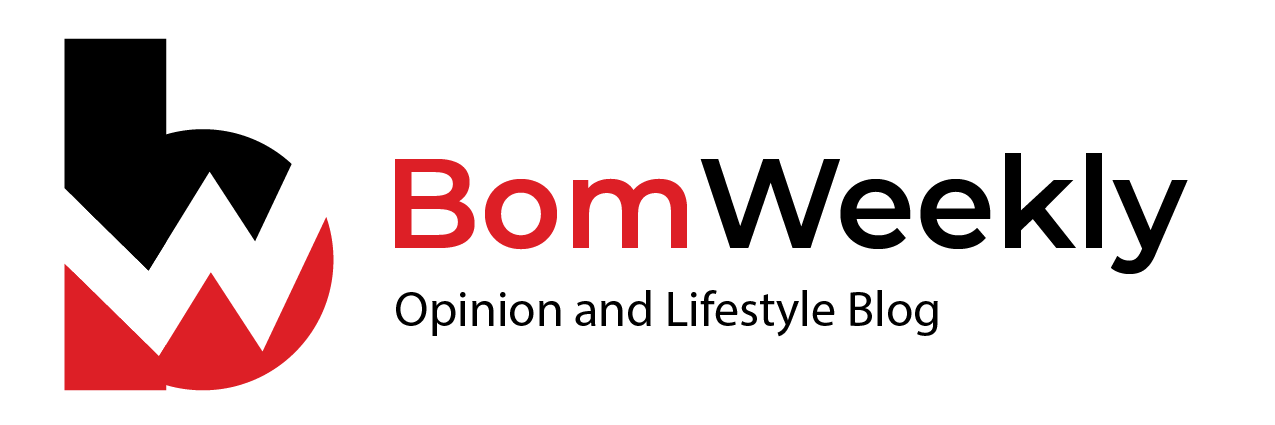NLC, TUC set for street protest over new electricity tariffs
Culled from premium,
The Nigeria Labour Congress, Trade Union Congress, and civil society
allies say they will hold a protest on Monday against the 45 per cent
increase in electricity tariffs announced by the Nigeria Electricity
Regulatory Commission.
The protest will hold Monday, February 8, in Abuja and across the nation, the labour groups announced in a statement Thursday.
“It is a nation-wide protest, meaning that the 36 states of the
Federation including Abuja will be involved in this action,” the
statement signed by Ayuba Wabba, the NLC president, said.
“Our members have been sufficiently mobilized and are ready to go. If
you are an electricity consumer and you are not happy with the bills
electricity companies serve you every month, you are invited to join
this protest rally.”
He said the Abuja rally will start at Labour House, Central Business
District at 8.00am before moving to the NERC head office at Adamawa
Plaza, Plot 1099, First Avenue, Off Shehu Shagari Way, Central Business
District. From the NERC office, the rally will roll to the Abuja
Electricity Distribution Company at Zone 4. The rally will mobilise from
there to the National Assembly.
The labour groups said the protest rally became necessary after all effort to make NERC shelve the idea of increase failed.
“Indeed, rather than see reason with Nigerians, the Minister of
Power, Works and Housing has been advancing spurious argument in
justification.”
Part of the statement reads:
The reasons for this protest are obvious and include the following:
· The due process in the extant laws for such increment was
not followed in consonance with section 76 of the Power Sector Reform
Act, 2005;
· There has been no significant improvement in service
delivery. Moreover, the fact is that most consumers are not metered in
accordance with the signed privatization Memorandum of Understanding
(MOU) of November 1, 2013, which stipulates that within 18 months
gestation period, all consumers are to be metered;
· There is a subsisting Court Order dated 28th May, 2015 by
Justice Mohammed Idris of the Federal High Court, Ikoyi, Lagos, in the
case of Toluwani Yemi-Adebiyi versus NERC & Orders, that there shall
be no further increment until the determination of the substantive
suit.
· The increment at this time negates the present biting and
prevailing economic recession vis-a-vis an attempt to further impoverish
the poor masses.
We stakeholders, on Increment in Electricity Tariff (a broad
coalition) met in Lagos on January 28, 2016 and issued a communiqué
demanding an “immediate halt of this morbid and exploitative intention”
failure of which would lead to:
· Mobilization of all Nigerians to resist the new tariff;
· Mass protests/picketing of all DISCOs’ offices across the country;
· Directing all consumers to reject any bill with the new tariff and other actions necessary.
Earlier, Nigerians had spontaneously moved to the streets in Lagos,
Benin, Kano and other cities when NERC announced this increase in the
last quarter of 2015.
At the level of the Congress, we had issued a communiqué on December
22, 2015 rejecting this tariff hike and demanding that pre-paid metres
be made available free to all consumers.
We noted that Distribution Companies “have continued to exploit
Nigerians by estimated billing system for the majority of consumers,
while deliberately refusing to make available prepaid metres.
We also said the challenges in the economy which have adversely
reduced the purchasing power of ordinary Nigerians and slowed down
businesses including manufacturing have made this increase unsustainable
and unjustifiable.
We reached out to core government constituencies including the
Minister of Power, the leadership of the National Assembly and NERC, all
in an effort to find an amicable resolution through the quality of the
logic of argument and practical realities on ground which include the
incontrovertible fact that even before this increment, Nigeria paid the
highest tariff per kilo-watt in Africa and contiguous regions. We pay
much higher than Egypt and countries with stronger economies.
With the increment, this disparity will not only be substantial, it
will kill Nigerians and businesses. The saddest part of it all is that
there is no co-relation between the quality of service delivery and this
tariff.
The implementation of this tariff is an act of lawlessness because
there is a subsisting restraining court order on further increases. And
yet we are in a democracy.
The point must also be made that the immediate past government in its
twilight approved a whoppingN18.26 billion for these companies in order
to boost electricity supply. Yet there is nothing to show for it. A
privatised sector that continues to parasite on government with
insignificant benefit to Nigerians is at best a leech on our economy and
should be interrogated.
We would want to make the point that this tariff increase is only
intended to protect the investment of a select few and not to serve the
interest of other Nigerians. In light of all of the above, this increase
is illegal, unfair, unjustifiable and a further exploitation of the
already exploited Nigerians.








Post a Comment